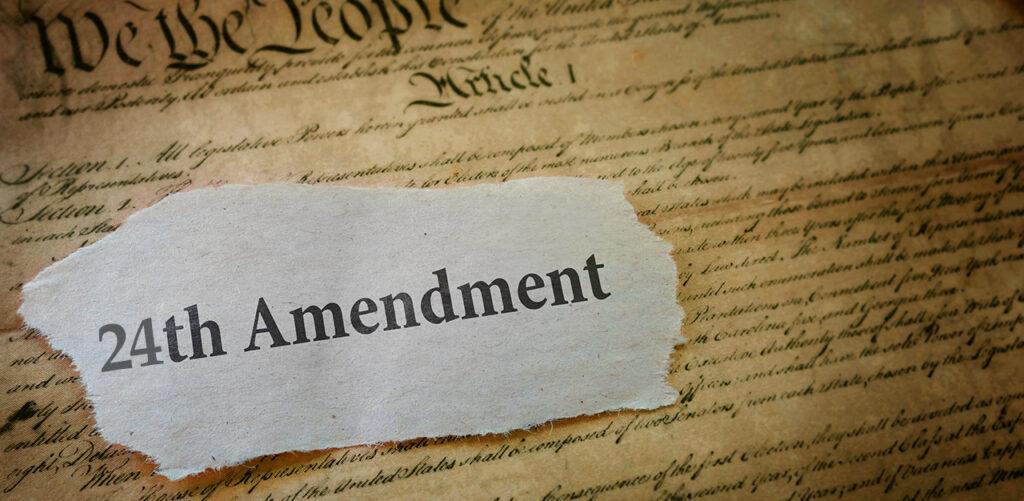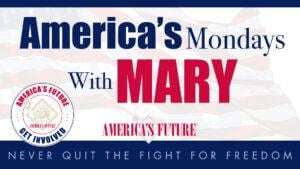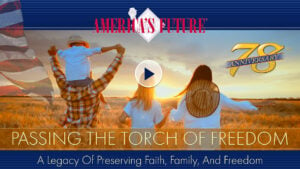
The Twenty-Fourth Amendment, proposed by Congress on September 14, 1962, and ratified by the states on January 23, 1964, ended the poll tax applied by states for elections of federal officials. The text of the Amendment, in its entirety, states:
Section 1
The right of citizens of the United States to vote in any primary or other election for President or Vice President, for electors for President or Vice President, or for Senator or Representative in Congress, shall not be denied or abridged by the United States or any State by reason of failure to pay any poll tax or other tax.
Section 2
The Congress shall have power to enforce this article by appropriate legislation.
Despite ratification of the Amendment in 1964, states continued to charge a poll tax as a prerequisite to register to vote in state elections for another two years until the Supreme Court of the United States (SCOTUS) banned the practice across the board.
As background, in January 1937, a challenge to Georgia’s poll tax made its way to the SCOTUS. In that case, SCOTUS ruled that Georgia’s requirement that registered voters pay an annual poll tax of one dollar ($1.00) was constitutional as an exercise of state power. According to the United States Bureau of Labor Statistics, the $1.00 Georgia poll tax in January 1937 is equal to $21.22 today.
The 1937 SCOTUS decision further upheld Georgia’s caveat poll tax provision that only men are required to pay this annual tax, reasoning that since Georgia poll taxes raise money for educational purposes and since Georgia law places the duty to provide for a child’s education only on the father, exempting women from paying a poll tax was justified.
In 1939, two years after the SCOTUS ruling, Congress began endeavors to abolish poll taxes to the extent it could under federal law, recognizing poll taxes to be intolerable as they unjustly disenfranchised those who could not afford to pay. Shortly thereafter, the SCOTUS held all poll taxes invalid as unconstitutional. The Civil Rights Movement in the late 1950s and early 1960s would eventually help culminate in the passage of the Twenty-Fourth Amendment in 1964. At the ceremony formalizing the Amendment, President Lyndon B. Johnson spoke the words: “There can be no one too poor to vote.”







